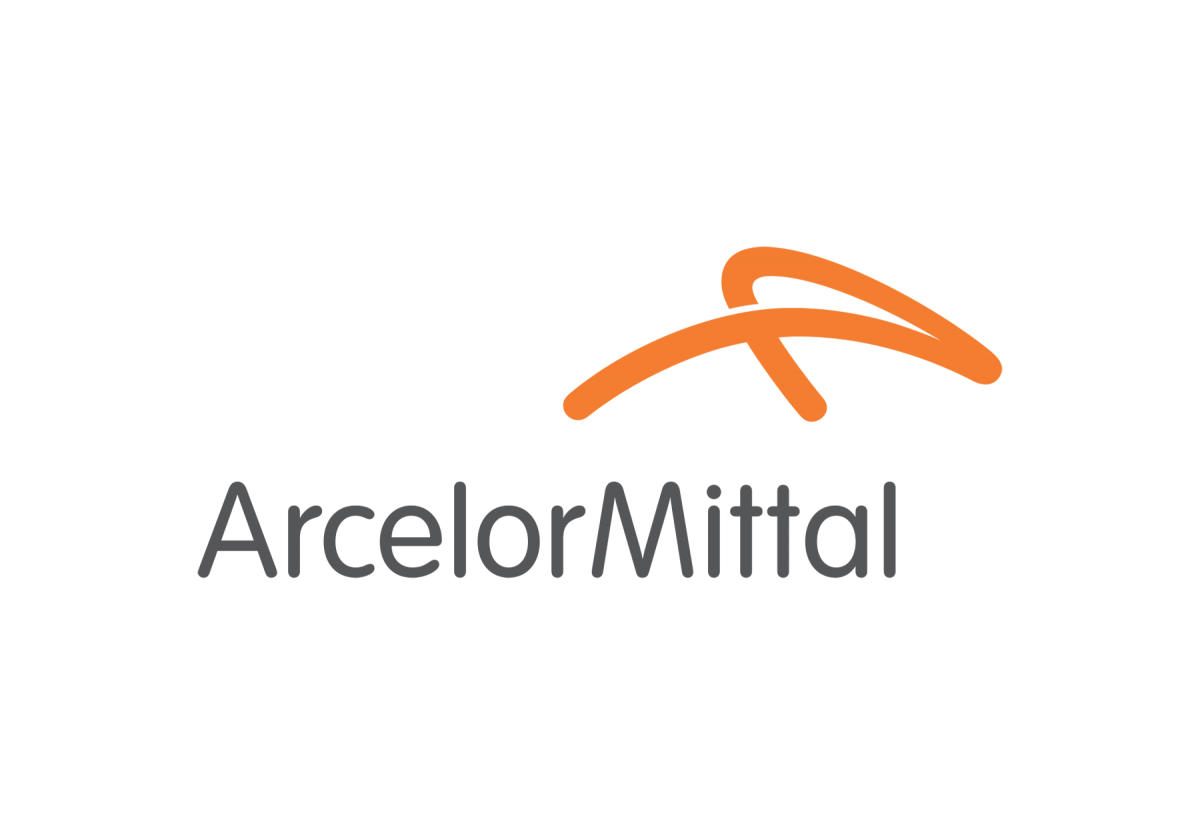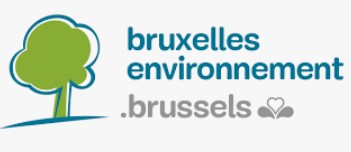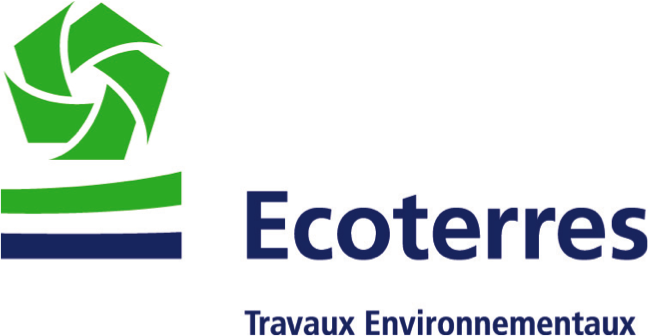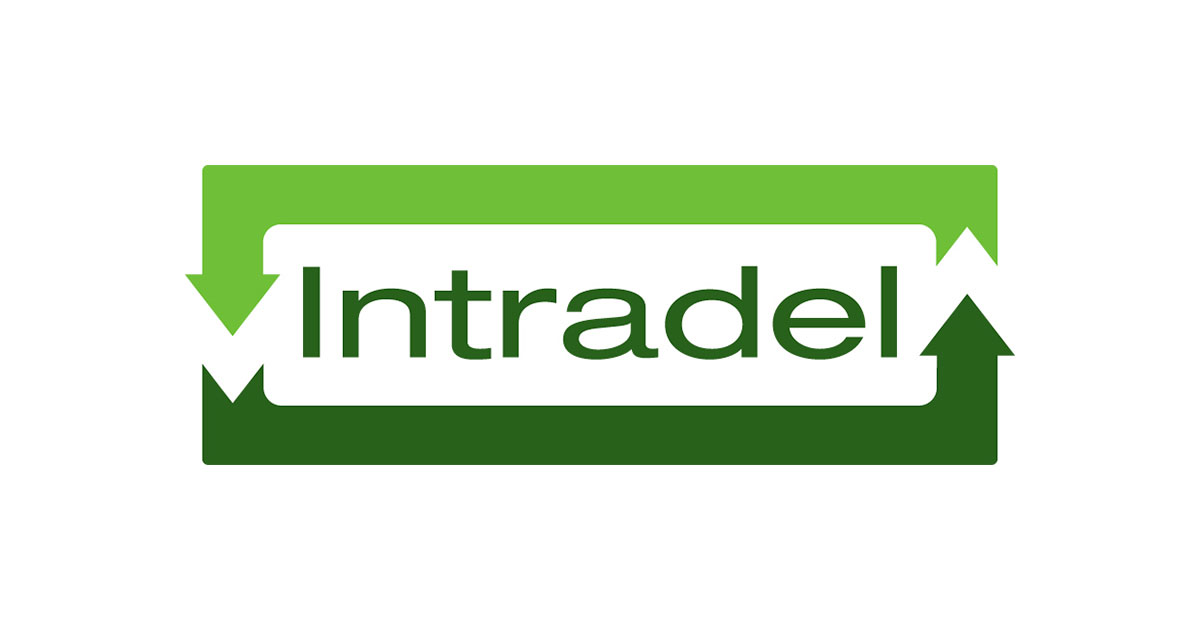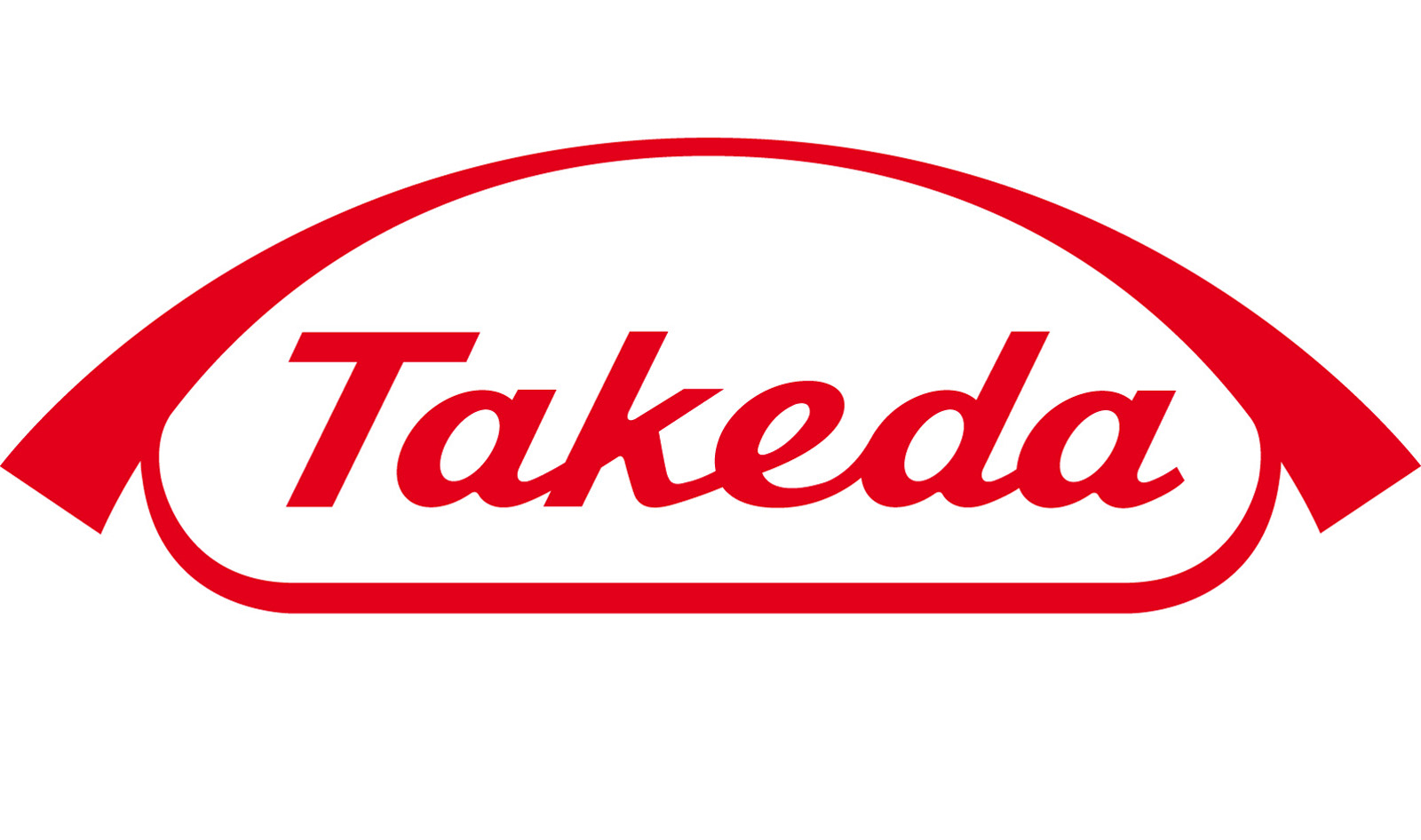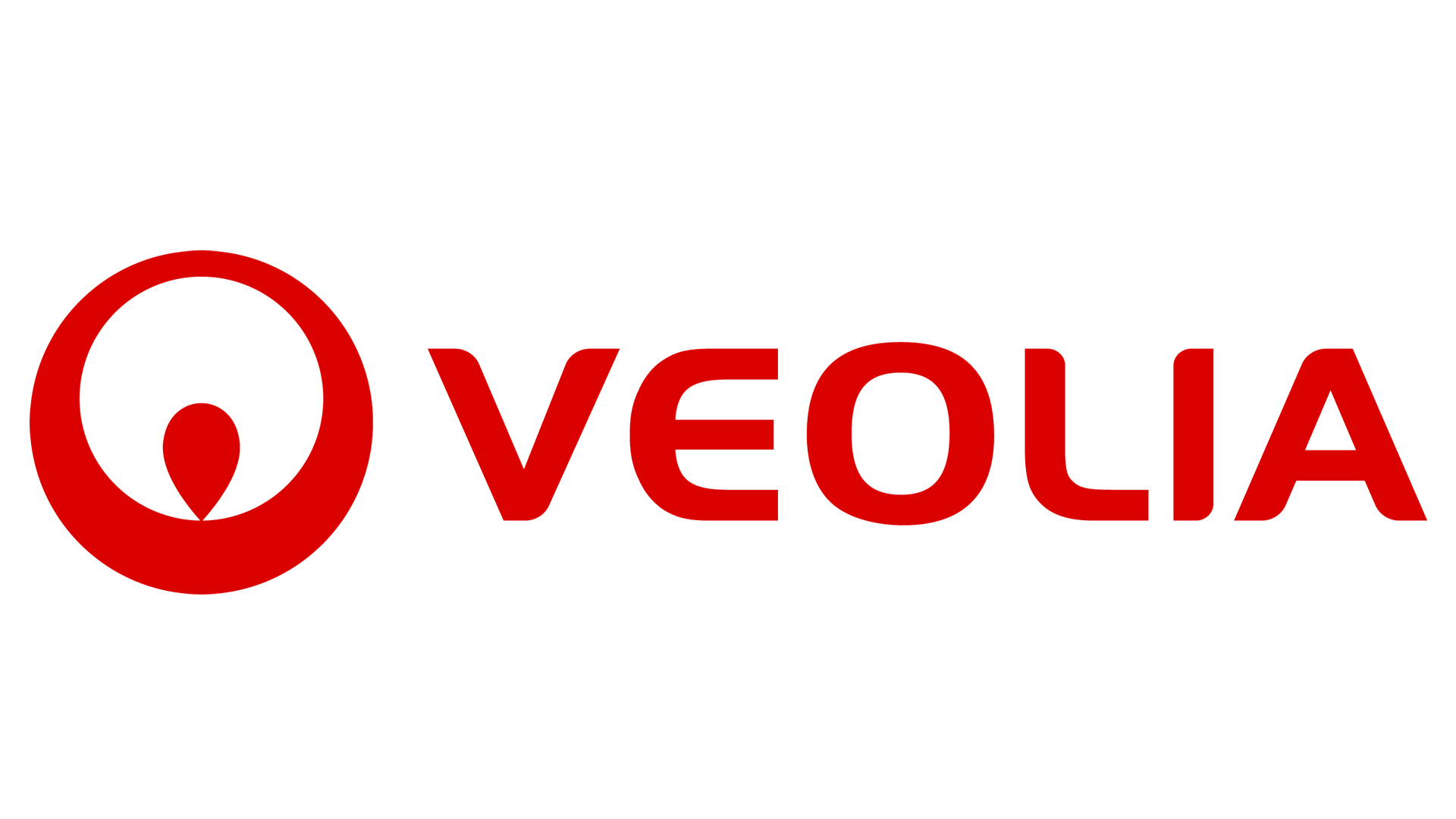Expert in soil renaturation
Almadius specializes in soil renaturation studies and techniques . We analyze the quality of the soils and, depending on their state of health, we offer solutions for the reconstitution of living soils .
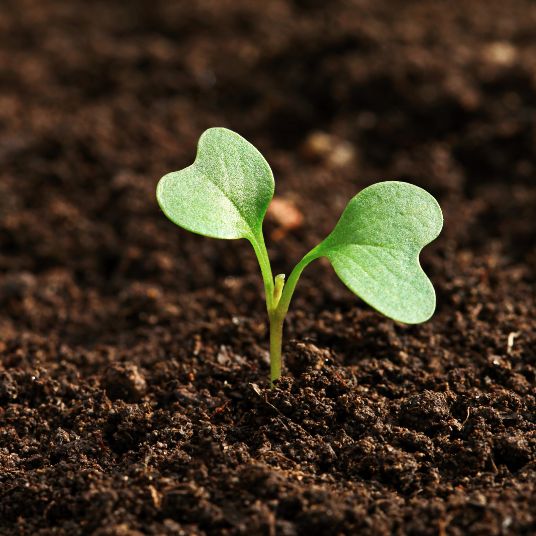
Let’s bring the earth back to life
Human interventions on the environment have transformed the composition and quality of our soils. Many lands, transformed by industry, agriculture or even urbanization, are now polluted and impermeable . This sad reality has a negative impact on the water cycle , biodiversity and our living environment .
Soil renaturation aims to reverse this trend. It gives our soils back their properties and functions . This essential process makes it possible, in parallel with dewatering , to restore the infiltration capacity of water, to provide space for the development of ecosystems. local , to fight against climate change and to improve our quality of life , all in a circular economy approach.
Our soil renaturation services
Almadius supports you in your efforts and puts its expertise at your service for your soil renaturation project. From soil quality assessment to the restoration of living soils and the redevelopment of brownfield sites, we offer concrete, tailor-made and environmentally friendly solutions. Our approach combines innovation, technical expertise and sustainability to restore the essential functions of soil and encourage the return of life to degraded environments.
The advantages of Almadius for your project
Multidisciplinary expertise
Our team is made up of experts in various fields such as soil, water, environment, sustainability and civil engineering. This variety of skills is our strength. Our office is able to take charge of various aspects of your project without calling on external stakeholders.
Pragmatic approach
In addition to studies and analyses, our expertise and field experience allow us to offer concrete solutions to the problems encountered. Beyond the theoretical aspect, we also support you in the practical dimension of your project.
Commitment to innovation and sustainability
We ensure that we adopt an innovative and sustainable approach in all our projects and favor solutions inspired by nature . We are committed to meeting the challenges of tomorrow and offering applications that have minimal impact on the nature around us.




